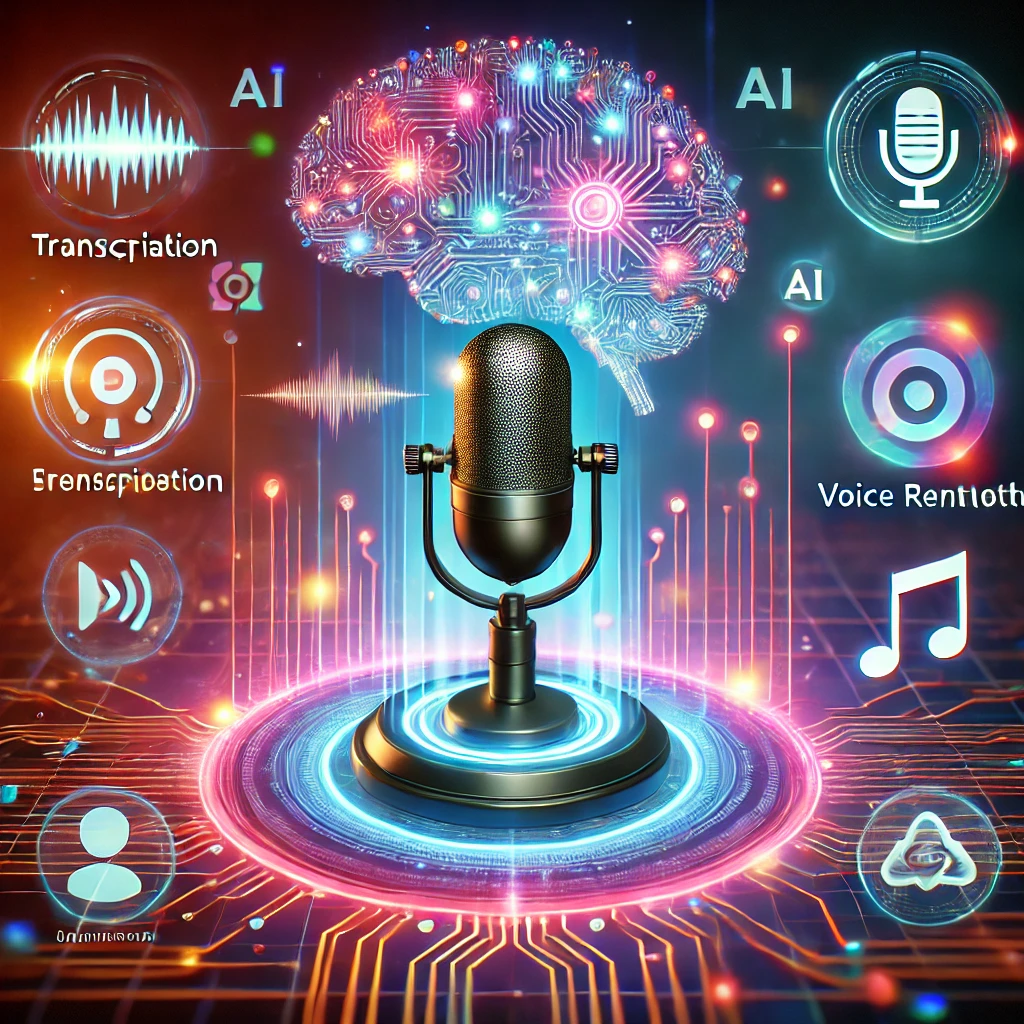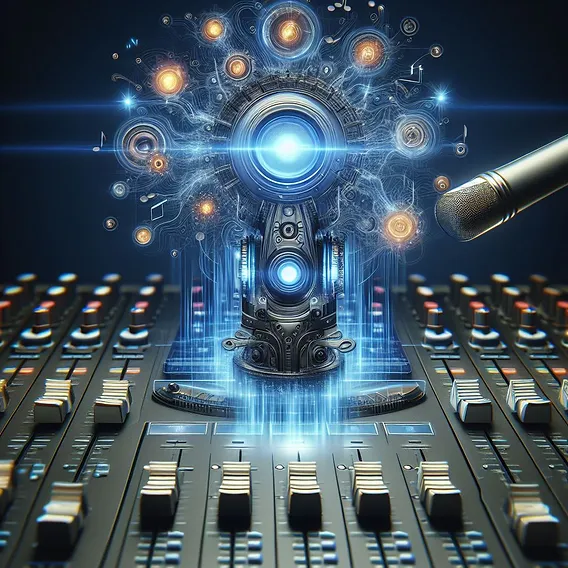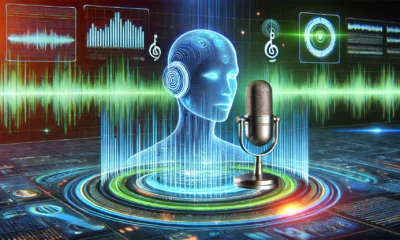Well hello there! So…In today’s digital age, where customer service is paramount and accessibility is a growing concern, a revolutionary solution is emerging: AI voice bots. These sophisticated programs are changing the way we interact with technology, offering a level of immersion that was once considered science fiction. Imagine a world where your interactions with digital systems feel as natural and engaging as talking to a friend. That reality is closer than you think, thanks to the incredible advancements in Large Language Models (LLMs) and speech synthesis technology.
The Rise of the Machines (But in a Good Way!)
Traditional chatbots often left users feeling frustrated with their limited capabilities and robotic responses. LLM-powered voice bots are different. They are powered by sophisticated algorithms that allow them to understand and respond to human speech with remarkable accuracy and fluency. This new generation of AI bots can understand complex queries, adapt to different conversational styles, and even detect emotions in the user’s voice.
This means no more frustrating interactions with clunky menus or repetitive, unhelpful responses. AI voice bots are designed to provide a seamless and enjoyable experience, making them ideal for a wide range of applications, from customer service to education and healthcare.

Why Are We So Obsessed with Voice Anyway?
The human voice is a powerful tool. It conveys not only information but also emotion, intent, and personality. When we interact with someone using our voices, we create a deeper connection and a sense of trust. AI voice bots leverage this inherent human preference for vocal communication to create more engaging and personalized experiences.
Think about it: wouldn’t you rather get help from a friendly, understanding voice than a cold, impersonal text box? That’s the power of voice AI. It adds a human touch to digital interactions, making them feel more natural, intuitive, and ultimately more satisfying.
Unlocking the Potential of Voice AI: What Can These Bots Actually Do?
The applications of AI voice bots are vast and varied, promising to revolutionize many aspects of our lives:
- Transforming Customer Support: AI voice bots can handle routine inquiries, provide personalized assistance, and even escalate complex issues to human agents seamlessly. This results in reduced wait times, increased efficiency, and improved customer satisfaction.
- Breaking Down Barriers to Accessibility: For individuals with disabilities or those who struggle with written language, voice AI offers a lifeline to access information and services with ease.
- Elevating User Engagement: The intuitive nature of voice interaction, coupled with the ability of AI bots to personalize the experience, leads to higher user engagement and a more positive perception of the brand or service.
- Revolutionizing Mental Health Support: AI voice bots can provide a safe and judgment-free space for individuals to discuss their mental health concerns. While not a replacement for professional therapy, they can offer support, resources, and even basic therapeutic techniques.
- Personalized Learning Experiences: Imagine having an AI tutor that adapts to your learning style and pace, providing customized lessons and feedback. This is becoming a reality with AI voice bots, making education more accessible and engaging than ever before.
The Science Behind the Magic: How Do AI Voice Bots Work?
While the concept of an AI that can converse with you might seem like something out of a sci-fi movie, the technology behind it is actually quite straightforward:
- Speech Detection: The voice bot identifies the user’s speech, capturing the relevant audio stream.
- Speech Recognition: The spoken words are converted into text using Automatic Speech Recognition (ASR). This is where the AI deciphers accents and dialects, transforming the audio into a format it can understand.
- Speech Analysis: The AI goes beyond simple transcription, analyzing the audio for emotional cues and intonation, adding depth and context to the conversation.
- Internal Text Data Processing: The converted text is processed by the AI, utilizing Natural Language Understanding (NLU) to understand the user’s intent and formulate a response. LLMs play a crucial role here, generating human-like text that is relevant and engaging.
- Speech Synthesis: The AI’s response is converted back into speech using Text-to-Speech (TTS) technology. This ensures the response is delivered in a natural, human-like voice, creating a seamless and engaging experience.

The Future of AI Voice Bots: A World of Limitless Possibilities
As LLMs continue to evolve, becoming even more sophisticated and capable, AI voice bots will become increasingly indistinguishable from human conversation. We can expect to see voice bots that:
- Understand complex nuances in language and context
- Engage in highly personalized and emotionally intelligent conversations
- Seamlessly integrate into our daily lives, providing assistance and companionship
The lines between human and machine interaction are blurring, creating a future where technology is more accessible, engaging, and intuitive than ever before.
Conclusion
AI voice bots are revolutionizing the way we interact with technology. They offer a more natural, engaging, and personalized experience, making digital systems more accessible and intuitive for everyone. As LLMs continue to advance, we can expect even more sophisticated and human-like voice bots in the future, transforming how we live, work, and connect with the world around us.
FAQs
Are AI voice bots going to replace human customer service agents? While AI voice bots can handle many routine tasks, they are not intended to fully replace human agents. Instead, they are designed to augment human capabilities, freeing up agents to focus on more complex issues that require human empathy and problem-solving skills.
How accurate is the speech recognition technology used in AI voice bots? Speech recognition technology has made significant strides in recent years, and AI voice bots are now able to understand a wide range of accents and dialects with high accuracy. However, there is always room for improvement, and ongoing research is focused on further enhancing the accuracy and robustness of these systems.
Are there any ethical concerns associated with the use of AI voice bots? Like any technology, AI voice bots must be developed and used responsibly. Some ethical considerations include ensuring data privacy, preventing bias in algorithms, and clearly disclosing when users are interacting with an AI system rather than a human.

